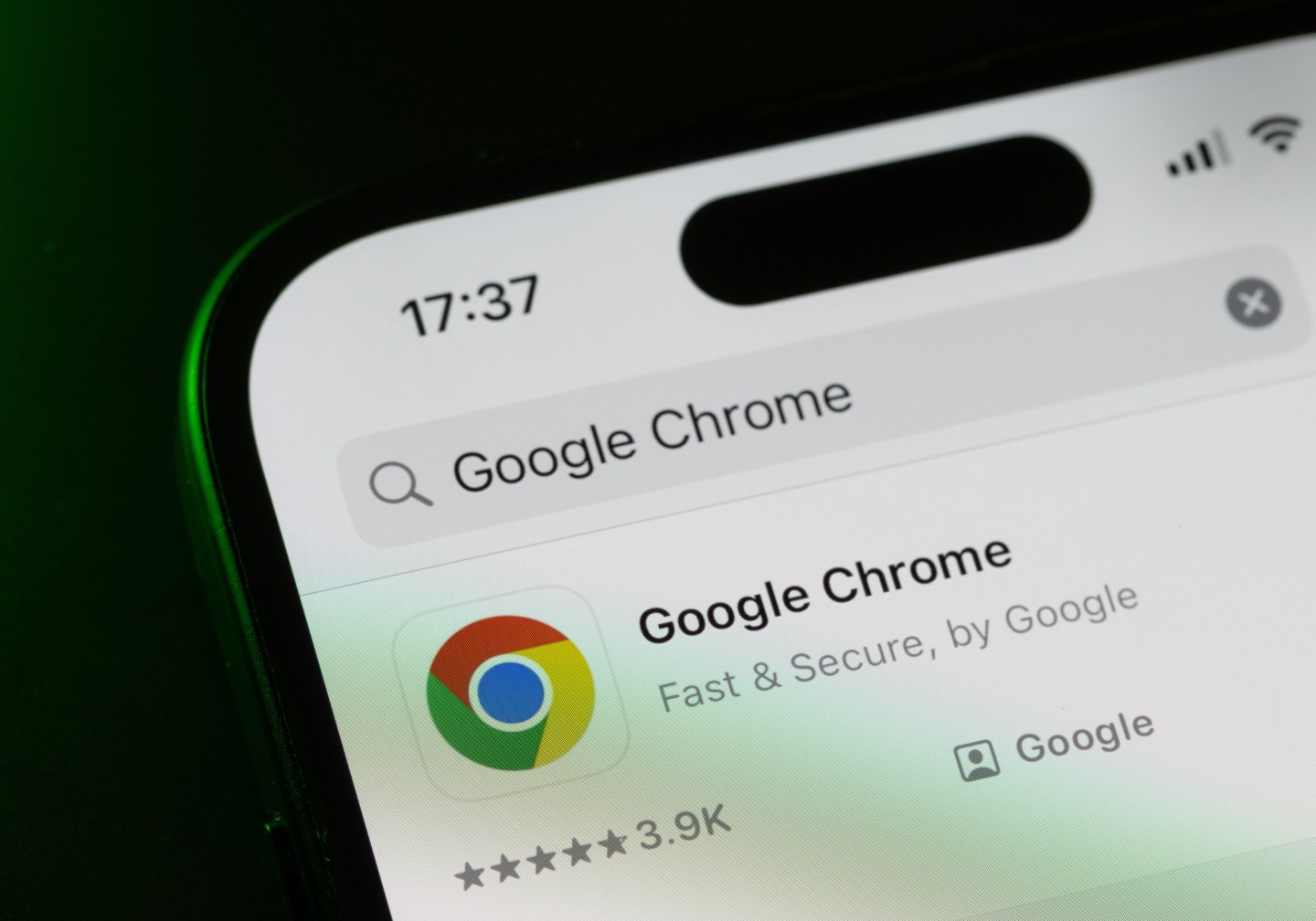Good morning. We’re less than a week from our flagship Fortune Brainstorm Tech gathering in Park City, and I couldn’t be more excited.
On Monday afternoon I’ll sit down with Aura CEO Hari Ravichandran and Hollywood legend Jeffrey Katzenberg to talk about the recent surge of online protections for children and Lyft CEO David Risher to discuss where the ride-hailing company is headed next.
On Tuesday I’ll chat with OpenAI chief revenue Ashley Kramer about how her employer is working to justify its eye-watering valuation plus Wyclef Jean and Openwav CEO Jaeson Ma to explore how tech is changing creativity.
I’ll close out the event Wednesday morning with a killer panel about publishers and AI platforms with Cloudflare CEO Matthew Prince, The Ankler chief Janice Min, ProRata.ai founder Bill Gross, and People Inc. honcho Neil Vogel.
But that’s just what’s on my plate; the best sessions will surely be led by Brainstorm chairs Allie Garfinkle and Jason Del Rey plus star moderators Alyson Shontell, Diane Brady, Ellie Austin, Kristin Stoller, Clay Chandler, Jeff Roberts, Jessica Mathews, and Sharon Goldman.
Can’t join us in the mountains? We’ll livestream mainstage sessions right here.
Today’s tech news below. —Andrew Nusca
Want to send thoughts or suggestions to Fortune Tech? Drop a line here.
Judge won't force Google to sell Chrome

A federal judge ruled that Google can no longer enter into exclusive distribution deals to make its search engine or its Gemini AI technology the default option on phones and other devices.
Google must share some of its search data with competitors, the judge ruled, but does not have to spin off key assets like its Chrome web browser.
The ruling in the Department of Justice’s landmark antitrust case against Google-parent Alphabet stopped short of what could have been the government’s most severe action in decades to curb the power of a monopoly—and acknowledged that rapid innovation and investment in artificial intelligence have already altered some of the market conditions the court was seeking to address.
“Plaintiffs overreached in seeking forced divestiture" of Google’s Chrome web browser and a potential divestiture of the Android operating system, “which Google did not use to effect any illegal restraints,” wrote U.S. District Court Judge Amit Mehta in a 230-page ruling on Tuesday.
But, he said, the emergence of generative AI has “changed the course of this case,” which began in 2020 when the DOJ and 11 states sued Google for illegally maintaining a monopoly in the internet search market.
Shares of Google-parent Alphabet surged 7.5% in extended trading on Tuesday. Apple, which receives tens of billions of dollars to make Google the default search engine on the iPhone, saw its stock increase 3.5% after the ruling.
In a note to investors on Tuesday, Wedbush Securities analyst Dan Ives declared the ruling a “monster win” for both Google and Apple.
“We now see a green light for a bigger Gemini AI partnership between Apple and Google,” he wrote.
The ruling remains a setback for the government’s effort to rein in Big Tech, which also includes cases against Facebook-parent Meta and Amazon, as well as a separate case against Alphabet involving its advertising business. —Jeremy Kahn and Alexei Oreskovic
Anthropic raises $13 billion at a $183 billion valuation
If you ever thought that Anthropic’s $61.5 billion valuation seemed a bit light compared to its high-flying peers, think again.
The AI company behind the Claude chatbot said Tuesday that it’s now valued at $183 billion—ahem—in the wake of a $13 billion fundraising round led by the investment firm Iconiq and including Fidelity, Lightspeed, Coatue, Blackstone, and the Qatar Investment Authority.
What’s worth $183 billion in the world of business, you ask? About one Verizon, Intuit, or ServiceNow.
Anthropic says it plans to use the money for, well, everything: serving enterprise customers, conducting safety research, pursuing international markets, and continued development of its large language models, the latest a coding and agentic powerhouse dubbed Opus 4.1.
“Anthropic now serves over 300,000 business customers,” the company wrote in a blog post, “and our number of large accounts—customers that each represent over $100,000 in run-rate revenue—has grown nearly 7x in the past year.”
Anthropic, backed by Google parent Alphabet and Amazon, continues to step on the gas in a bid to take first position in the nascent AI race. (Rival OpenAI—the Coke to Anthropic’s Pepsi—is backed by Microsoft and Nvidia and has a partnership with Apple. Yes, that leaves the remaining “Magnificent 7” U.S. tech companies, Meta and Tesla, to fend for themselves. No, I don’t think Messrs. Zuckerberg and Musk particularly mind.)
Just last month, Anthropic said it would charge the U.S. government $1 for use of Claude. The declaration came as the government added Anthropic to a list of approved AI vendors that includes—who else?—OpenAI and Google. —AN
Optimus robots will make up 80% of Tesla’s value, Musk says
Elon Musk’s lofty vision for Tesla includes less attention on electric vehicles and a doubling down on its autonomous robots, even as production for the bots has hit numerous snags.
The Tesla CEO said Monday that 80% of Tesla’s value would someday come from Optimus robots, the humanoid bots Musk’s company introduced in 2021, intended to take on the factory tasks that humans find menial and often dangerous.
“We are building the products and services that bring AI into the physical world,” Tesla plans declare.
Investment in adding embedded intelligence to specialized bots has been top of mind for tech leaders. Nvidia CEO Jensen Huang has similarly singled out “physical AI” as the final iteration of AI’s four-part evolution, recently introducing a $3,499 developer kit for robot “brains” that begins shipping this month.
“Elon is not alone in seeing the big future of robotics and physical AI,” Kevin Cook, senior stock strategist at Zacks Investment Research, told Fortune.
Shifting gears has not been easy for Tesla. The Optimus robots were initially greeted with skepticism from analysts and have continued to encounter obstacles.
In April, Musk told investors production of the machines was hobbled by President Donald Trump’s trade disputes with China, which hardened export controls on the rare-earth materials necessary to build the motors inside Tesla’s bots.
Milan Kovac, who oversaw Tesla’s Optimus development, stepped down from his role in June.
Tesla’s increased focus on growing the company outside its EV production comes as car sales continue to plummet, with deliveries in the European Union plunging 40% in July. The company reported a 13% global sales decline in the first half of 2025, on pace for a second consecutive year of dwindling sales. —Sasha Rogelberg
More tech
—OpenAI acquires Statsig for $1.1 billion. CEO Vijaye Raji will become OpenAI's CTO of Applications.
—Salesloft Drift breach affects Cloudflare. Attackers gained access to a Salesforce instance it uses for internal customer case management.
—Disney settles FTC suit for $10 million. It allegedly failed to label kids’ videos accordingly when it uploaded them to YouTube, violating data tracking rules.
—More Apple AI talent jumps ship. Lead researcher for robotics Jian Zhang departs for Meta; three more are headed for OpenAI and Anthropic.
—Klarna revives IPO. The fintech firm aims to raise as much as $1.27 billion, valuing it at $14 billion, a considerable drop from its $46 billion value in 2021.
—Amazon to face class action suit, one of the largest ever, over allegations that it overcharged for products sold by third parties in its marketplace.
—Dolby launches AI tools for TVs. Dolby Vision 2 tweaks visuals based on content and includes cinematic smoothing.













